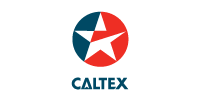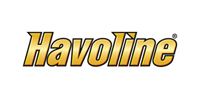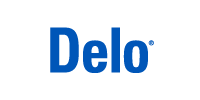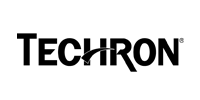HERE’S HOW LARGE FLEETS CAN WIN BACK THE OPERATING COST PER MILE ADVANTAGE!


For very long now, small and medium-sized truck fleets have had a clear competitive disadvantage against larger commercial fleets. This is because large fleets tend to have younger trucks because they can afford to refresh their fleets more frequently. This means they can enjoy higher miles to the gallon per truck and lower fuel consumption than most small and medium-sized fleets.
Keeping in mind that fuel is about 25% of the fleet’s operating cost, it costs larger fleet lesser overall for each mile they operate. This cost difference scaled over a large number of trucks, allows them to be more affordable compared to smaller fleets.
However, this situation is changing quickly, with tax cuts encouraging investment intensifying the competition. In a stronger economy, small and medium-sized fleet operators are renewing their fleets more often with trucks that can operate at much better fuel efficiency and hence closing down the cost gap.
So does that mean large commercial fleets have no way to get an edge over the competition? Not at all! It’s not just about who can get the newest trucks in their fleet. Large commercial fleets can regain that edge by using the right mix of supporting technology to ensure they are operating at maximum potential efficiency. This includes getting the right kind of engine oil to achieve higher levels of fuel economy. This new competitive environment makes for a compelling case for fleet operators with newer trucks to adopt API FA-4 heavy-duty engine oils and where such quality oils are approved by the OEMs.
Back in 2016, lubricant producers launched two API categories of diesel engine oils, namely the FA-4 (mainly for newer vehicles) and CK-4 (backward compatible for older models). The FA-4 categories engine oils were designed specifically for newer engines that are built to the more stringent emission and fuel economy standards. Due to the varied makes, models, and ages that comprise most fleets, the adoption of API FA-4 category oils has been rather slow.
The on-set of efforts from fleet operators to consolidate the types of lubricants needed in their inventory, there is even further reservation towards the adoption of this category. There is also a looming misconception that the lower viscosity of this category of lubricants will mean lesser durability.
To put that misconception to rest, Delo® FA-4 formulations have gone through extensive real-world testing in collaboration with Chevron customers to check for optimum performance and durability. Due to Chevron’s unique formulation and additive combination, the oils from this category have proven to deliver remarkable anti-wear, deposit control and oxidation resistance just like its higher viscosity counterparts.
Hence, there’s no real reason for fleet operators to be missing out on the potential fuel savings they can exploit with the Delo FA-4 oils due to worries about performance.
As for mixed fleets, Chevron is collaborating with North American customers on a special program that will allow them to benefit from Delo 400 ZFA 10W-30 for their diverse fleets. In addition to Cummins HD engines 2017 or newer and, and Daimler engines produced 2010 onwards, the program will also enable the use of Delo 400 ZFA 10W-30 in engines built from 2013 onwards by other OEMs. Chevron’s main aim with this program is to aid customers by catering to their reservations towards adopting the new category oils through mitigating all perceived risk.
Adoption of new category engine oils could mean the difference for large fleets as reaping the benefits of FA-4 oils puts them in a position to further improve fuel economy and therefore reducing operating costs.





























